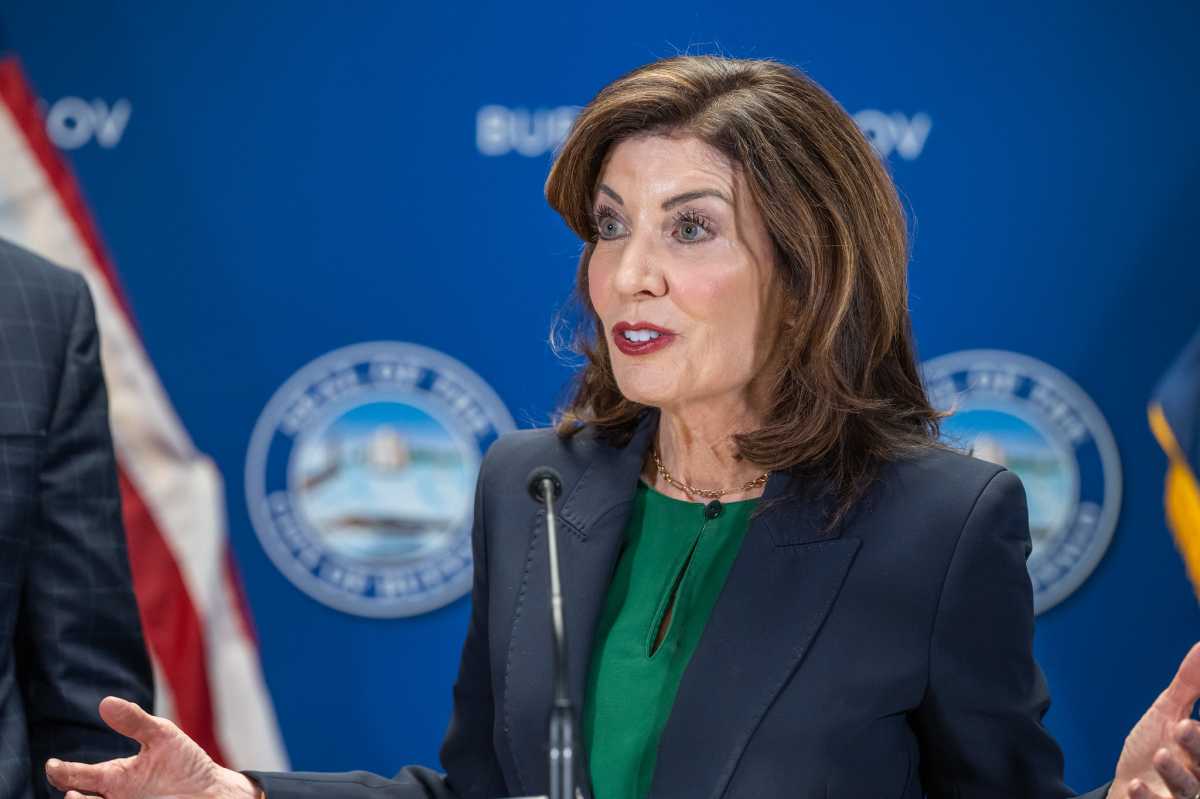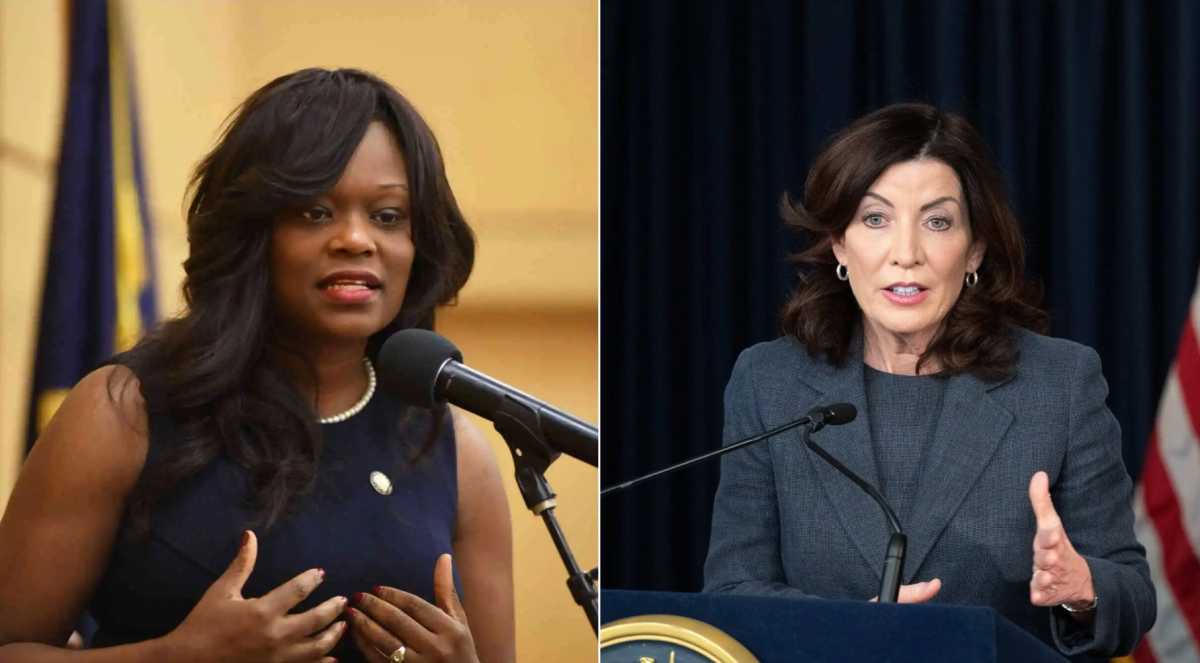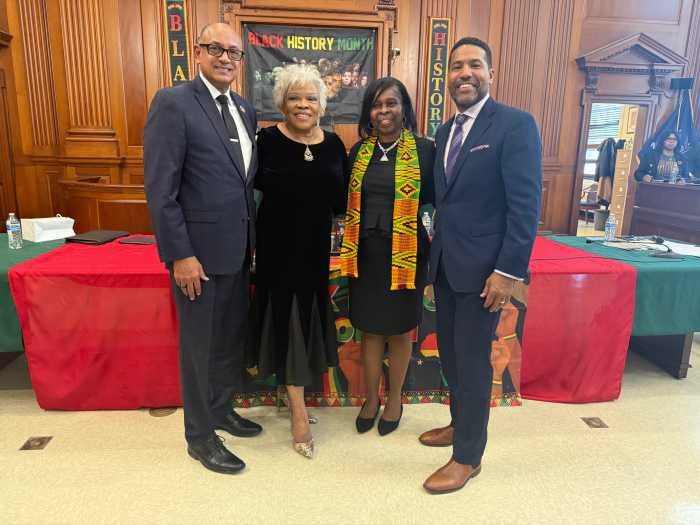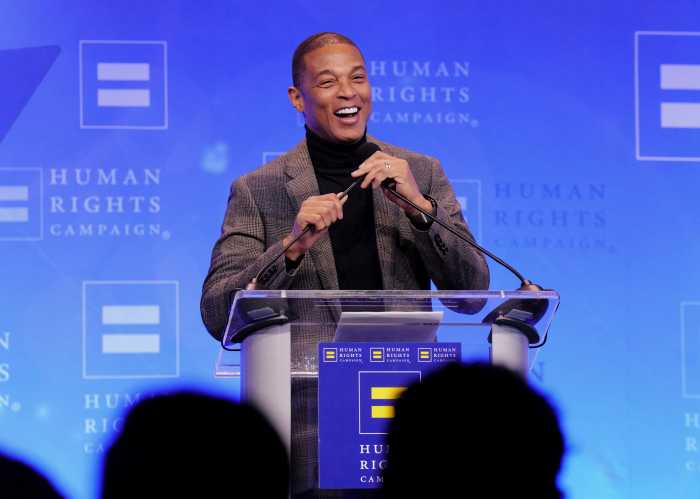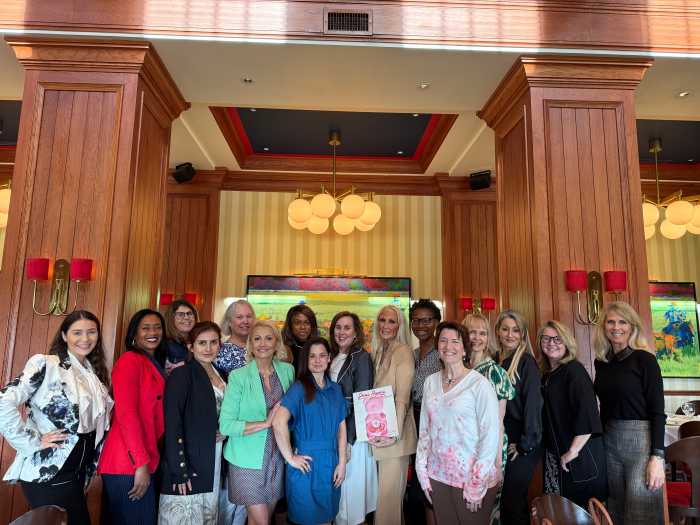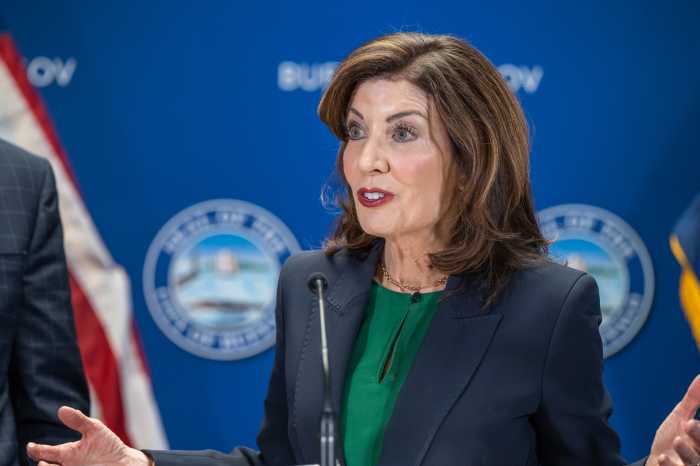From rampant and condemning Facebook propaganda to endless laptop stickers, t-shirts, and hallway arguments, it is abundantly apparent that the clear majority of the youngsters – those my age – have an aching Bern in their stomach.
Looking at exit poll data from voted states transparently reveals this. In Ohio, Sanders received 85 percent of the votes from those younger than 24. In Massachusetts, that statistic was 71 percent; Virginia, Missouri, and Idaho have the same story, with the Vermont Senator scoring over 70 percent of these young votes (data from CNN exit polls online). No matter where one looks, the truth is written in the ardent, excited, and even angry young generation that call themselves political revolutionaries.
And I’m left here in disagreement as the contrarian, the conservative – except that I’m not.
Born and raised as a liberal, a Democrat from the North Bay Area in California, I always have been and always will be on the left. However, upon snarkily proclaiming my support for the former Secretary of State at school, I am met with glares of confusion, elongated “reallys,” and general looks of distaste or derision, to which I warmly smile, being used to such reactions. Here, at an overwhelmingly liberal school like NYU, it is almost as if supporting the moderate-geared Clinton is some sort or rare spectacle, as if the student who does is some sort of insane reactionary-right-wing nut.
Even the business school students here – those who aspire to get scooped up by Wall Street bank recruiters by their junior year – have near zealous support for the self-described democratic socialist. These students are those who support laissez-faire capitalism, students who advocate for less corporate taxes, students who believe that most kinds of social welfare is ultimately detrimental – and yet, they are encapsulated by the man who deprecates corporate America and Wall Street about 30 times each debate.
Bernie is truly commendable for getting those previously disenfranchised with politics involved; however, equally detrimental as it is commendable is facilitating an environment where political inclination is largely a result of surface value information, as opposed to rooted preferences in policy. It seems that there are groupthink forces involved, where millennial support a candidate supported by millennials which – in their eyes – is indicative of the candidate to best look out for the interests of these supporters, which may not be the case. The result of this, which I see in fellow millennials, is an ardent and sometimes absent-minded support for a candidate, and a near hatred of the other.
To me, I understand that any debate between these two liberal candidates is largely an argument about agreement, but the distinctions, prominent and subtle, make the difference between an okay and great future president.
Take, for example, the two candidates’ positions on the increase of the federal minimum wage. Both agree that there should be a raise, but the difference is the amount that they wish to increase to. A $15 an hour minimum wage works great in cities like San Francisco, New York City, and Los Angeles, where the cost of living is extraordinary compared to other places. But to assume that every single state and every single municipality should have the same minimum wage is erroneous. Any raise in the minimum wage will increase unemployment; supply of labor goes up and demand of labor goes down. A dramatic increase to $15 an hour across the board, even if over several years, would be harmful to the economy as a whole, whereas a balanced, more realistic approach of $12 an hour would cover the states so ridiculously right-wing as to never have a wage above the federal one, while also preserving the notion that the cost of living in Rawlins, Wyoming is different from in New York City.
I chose this example as it illustrates the liberal pragmatism of Clinton, while also demonstrating that the opposing candidate has policies easy to pass off as wholly beneficial. A Sanders presidency would not be disastrous, but a Clinton presidency would be better. It seems that most millennials believe that a sprint to the left of the left is the only way to operate, but I do believe that well thought moderation is the cure to working with both sides of the spectrum, which in turn is the path towards alleviating the ails of this country.
I just hope that come November, the kids can throw aside their indignation and vote for Clinton.



